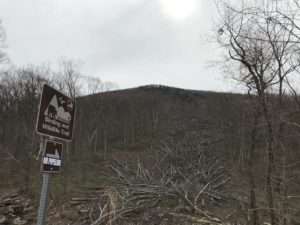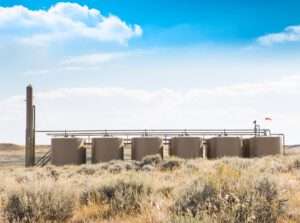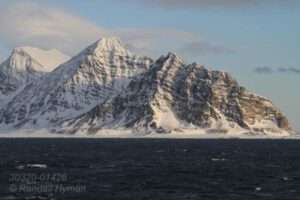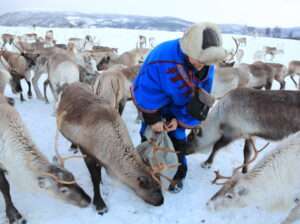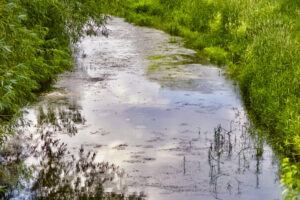
Agriculture Evades Accountability, Responsibility for America’s Worst Water Pollution
Law, Policy, and Power Insulate Crop and Livestock Producers In 1990, following intensive field trials, a respected agronomist at Iowa State University named Fred Blackmer formally introduced an inexpensive tool to accurately measure how much nitrogen farmers actually require to produce abundant harvests of corn,

